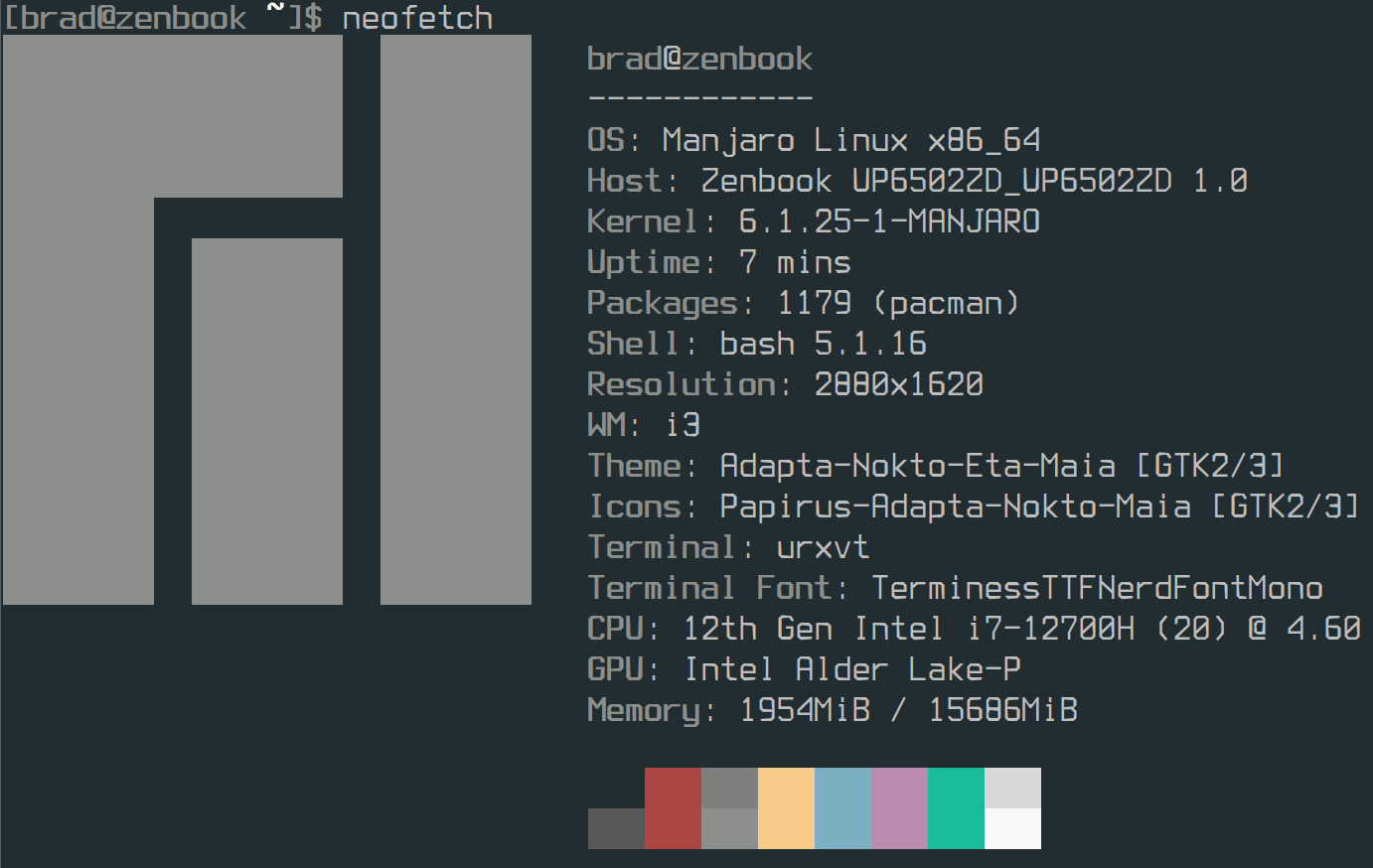April 23, 2023
The Linux community is an interesting place. On the positive side, it’s incredibly diverse and, for the most part, welcoming to noobs (variously referred to as newbs, n00bs, newbies, and 1000 other variations). On the negative side, the community has a small (and perhaps dwindling?) sect of self-appointed Linux purists who believe that unless you can recite every system call used in the boot procedure from (human) memory and have been using Linux since 1975 (impossible), you’re not a “real Linux user.” These people drive the rest of the community… well, crazy.
My Linux Journey
Despite my best efforts, I’m hardly a Linux guru, even though I have been running Linux as a daily driver for about eight years and using it professionally for five years. I’ve test-driven dozens of distributions in VM format, performed at least a dozen different bare-metal installations on various hardware, and used Linux on hundreds of enterprise-grade servers. Like many relatively seasoned Linux users, my current daily driver is a derivative of Arch, rocking a tiling Window Manager (i3wm), emacs (in evil mode) and vim are my editors-of-choice, and I throw in a few tweaks here and there:

It’s fair to say I know my way around things, at least for the most part. But in the total body of knowledge about Linux, I suspect I know less than 20% of the information available (yes, it’s that big!).
The Secret About My Linux Journey
BUT, here’s the dirty secret about Linux “street-cred” like above: POWER-USER POSTURING SHOULD NOT BE USED TO GATE-KEEP “REAL LINUX USERS”. Anyone who uses any Linux distribution in any form is a Linux user. Posturing is irrelevant and rarely demonstrates user prowess. For example, I ran Kubuntu 99% stock as my daily driver for eight of the past twelve months. Why? Because I was teaching a college class, and I wanted my students to feel safe moving from Windows to Linux. Kubuntu 22.04, with its incredibly easy-to-use KDE desktop environment, has the most “Windows” look and feel I could find in a significant distribution and suits my purposes well.
And do you know what? I was totally happy and fine using Kubuntu. My daily driver looked and felt almost like Windows at a desktop environment level – and I rarely even noticed it. The look and feel of the desktop and start menu didn’t matter to me. My .bashrc was nearly stock, yet, somehow, against seemingly formidable odds, I used my laptop to be productive anyway.
What Does Matter?
What matters is that the software in use is OPEN SOURCE (like Linux), now more than ever. Why? With the emergence of AI and its widespread adoption happening in the next few years, we need more people who understand how computers work. We desperately need a diverse group of people to understand the inner workings of AI code, as it will affect real-world situations and undoubtedly make real-world, in-the-moment decisions. Most of all, we need a diverse group of people who deeply understand how AI software works and can think deeply about AI’s moral and ethical implications.
We simply cannot trust that a relatively small percentage of programmers who create AI (and the hordes of managers/directors/C-suite running these programs) have the insight and foresight to keep humanity’s long-term interests at heart (especially when there is just so much money to be made!). We can not and should not have commercial interests be the sole overseers of AI. The open-source community must be involved, contributing, and influencing the overall direction of the AI revolution.
Open-Source All The Things
We need more open-source hardware and software. We need a diverse group of intelligent people interested in how both hardware and software work. We need to expand the open-source and Linux community, welcoming new users and encouraging standard users, all aspiring to become power users.
This means eliminating the “I use Arch, BTW” mindset. As a Linux community, let’s recognize that making open-source software more arcane and complex hurts the cause; instead, let’s welcome noobs with open arms. Don’t be an obstructionist purist to the detriment of the general interest. The more humans understand how hardware and software work, the better position we’ll all be in to steer the coming AI revolution to benefit us all.
